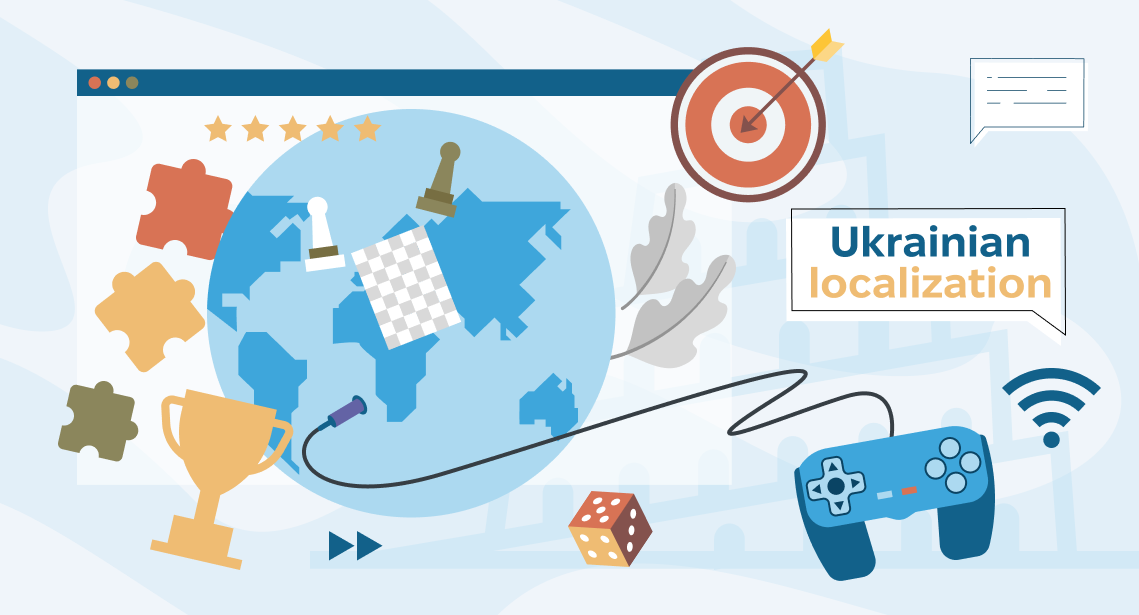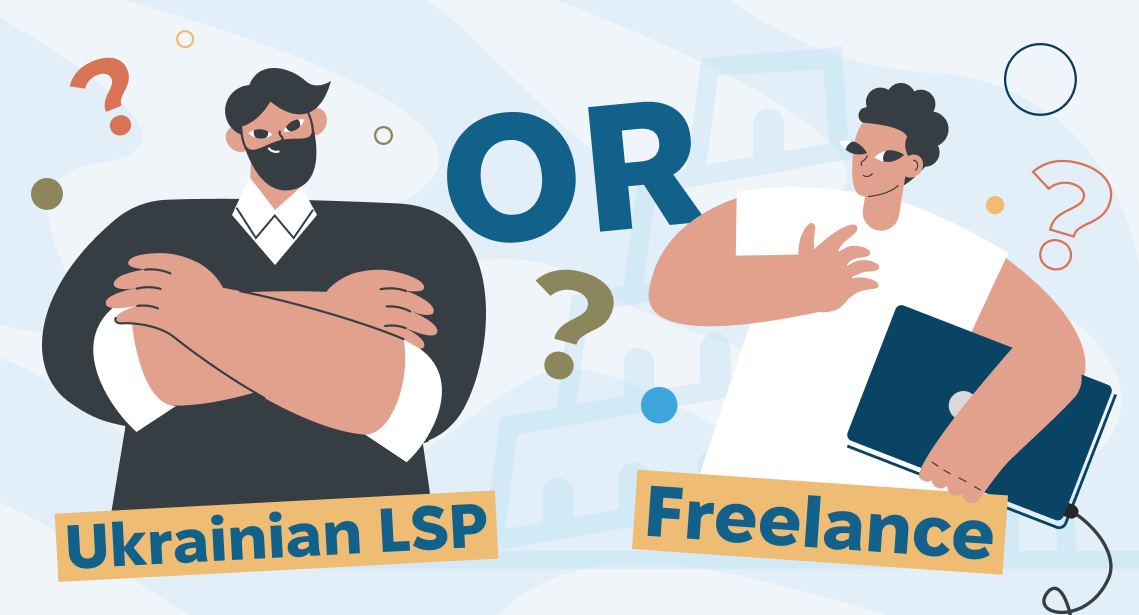How to organize a translation tender

When searching for a suitable provider of translation services, many companies announce a tender in the hope of choosing the fastest, cheapest, and most competent agency. At first glance this seems like a good way to do things — you collect the necessary information about all the agencies, compare it, and choose the one you deem to be the best.
But all too often, this method is not very effective. Even if your company is world-famous, translation agencies are sometimes not keen to compete for your jobs, some decide to give up halfway, and the winner of the tender may well turn out to be incompetent. Why does this happen, and how can it be avoided?
Basic premise
We will exclude cases of corruption in which a tender is a formality that does not change anything, designed from the outset to simulate a competitive selection process, while the translation agency has already been chosen in advance. So the existence of such tenders puts agencies off from participating in them.
Consider the situation — you need high quality at an affordable rate. So your selection criteria are ill-defined because both “high quality” and “reasonable rate” are relative concepts. There is a certain level of quality that will suit you, and a budget that you consider acceptable. When selecting agencies, these two requirements may turn out to be mutually exclusive, and then you will have to find a compromise solution — either lower the quality bar to meet your budget, or increase your budget to achieve the desired quality.
The translation agency you asked to participate in the tender does not know anything about your requirements. So if from the very beginning, you do not specify the selection criteria, many agencies will not be keen on participating in the tender. Some agencies will suspect that you already have a contractor, and you are just looking for a cheaper option.
Conclusion — briefly describe what your requirements are, how the selection process will be organized, and what is at stake.
For example, you could word your request as follows:
Our world-famous corporation is looking for a contractor to undertake a translation project. The topic, volumes, and deadlines will be communicated to agencies that pass the preliminary free test of 2,000 words. The selection procedure is not disclosed. Agencies wishing to take part in the tender are required to send a completed 20-page questionnaire, enclosing copies of internal statutory documents. The results of the tender will be reported only to the winners within a month.
Or you could word the request as follows —
We are looking for a contractor to translate technical documentation for heat pumps. The volume of work is approximately 100,000 words per month. The translation agency must meet the following criteria. To participate in the tender, you need to:
1) Fill out a questionnaire
2) Pass a 500-word translation test
3) Offer your rates
For obvious reasons, the first tender will not generate much interest, while the second will generate many more responses.
The formalities of the first tender request scare agencies away
The situation described above with the “world-famous corporation” is, of course, exaggerated, but it is not so far from reality. Too often, large companies and government agencies come up with a ton of formal criteria that do not affect the quality or stability of the future supplier. For example, even before completing the test translation, they require you to send a financial report for the previous year or fill out a questionnaire with dozens of questions along the lines of “How can you ensure confidentiality if windows are open in your office?” Or “How will you restore any work done if the computer’s hard drive crashes?”
Take a look at the situation from the point of view of an agency. A good agency, most likely, has plenty of satisfied clients who are already well aware of its competence and regularly send actual orders. As a consequence, the agency is busy completing jobs to tight deadlines.
And suddenly this “dark horse” appears in the orders department. Many agencies will choose not to burden their already overworked managers, linguists, accountants, and IT specialists with work that will take a few hours (or even days). Many will deem such a request self-important and simply ignore it. While the more desperate agencies which are not known for their quality and which would do anything to get new clients will be the ones to express an interest.
In most translation agencies, the standard workflow process is well-established, but only a few agencies have developed a standard process for dealing with the lengthy formalities involved in tenders. Most often, having participated in several tenders with no result, they conclude that it is not worth the bother and proceed to simply ignore them in the future. From now on, they believe that for clients requiring compliance with numerous formalities, it is not so much the quality of the translation that matters as the observance of the bureaucratic process, and participating in such bureaucratic tenders on an equal basis is akin to counting one’s chickens before they are hatched.
The result is as follows — few agencies are keen on participating in time-consuming and pointless tenders, and the majority of those who do so are little-known and incompetent.
So, the most competent agencies simply decline the request to participate, and poor-quality agencies get the work. This is a paradox — the desire to improve quality by complicating the tender process in practice leads to the opposite result, and the final quality of the translation suffers.
To avoid such situations, leave your formalities to the final stages of tender. Start with criteria and incentives that are clear to the agency: rate, required quality, volume of work, and deadlines. Then proceed to the initial part of the tender — invite everyone to perform a one-page test translation and offer their rates. Make a simple questionnaire that takes no longer than one hour to complete, as this will be enough to weed out the majority of candidates who are guaranteed to fail without resorting to a complex bureaucratic procedure. And the agencies that suit you in terms of both price and quality will be more willing to go along with all your formal processes.
Competency testing
Polling, testing, comparing, and analyzing information provided by agencies will allow you to filter out the worst options, but will not enable you to choose the best, because the quality of translations, in general, will not necessarily be the same as at the testing stage. Doing a one-off test to get a client is one thing, and keeping the work at the same level consistently is another.
In addition, agencies offer much more than just translation quality. There are also related non-linguistic factors, such as how quickly the agency managers respond to your emails, whether the delivery deadlines are met and the work process is organized efficiently, how sudden technical problems are resolved, and whether the agency team can quickly scale up in the event of a sharp increase in the volume of work, etc.
Conclusion
It is difficult to know everything about an agency before engaging in “full-scale” cooperation. The only way to get a full understanding of how agencies do things is to take on several contractors for a trial period and compare the results of their work. Or choose one of the most promising agencies and collaborate for a certain period before deciding once and for all if the agency is right for you. This approach is time and energy-consuming but dramatically reduces the likelihood of a strategic error.
We discussed the translation agency selection process in more detail in this article.




